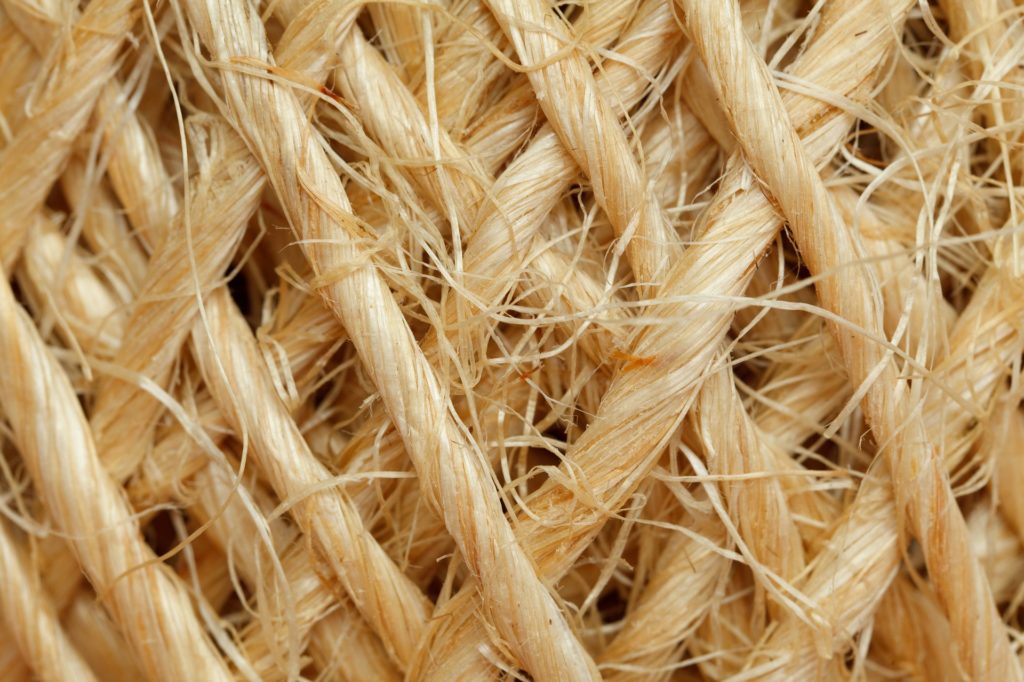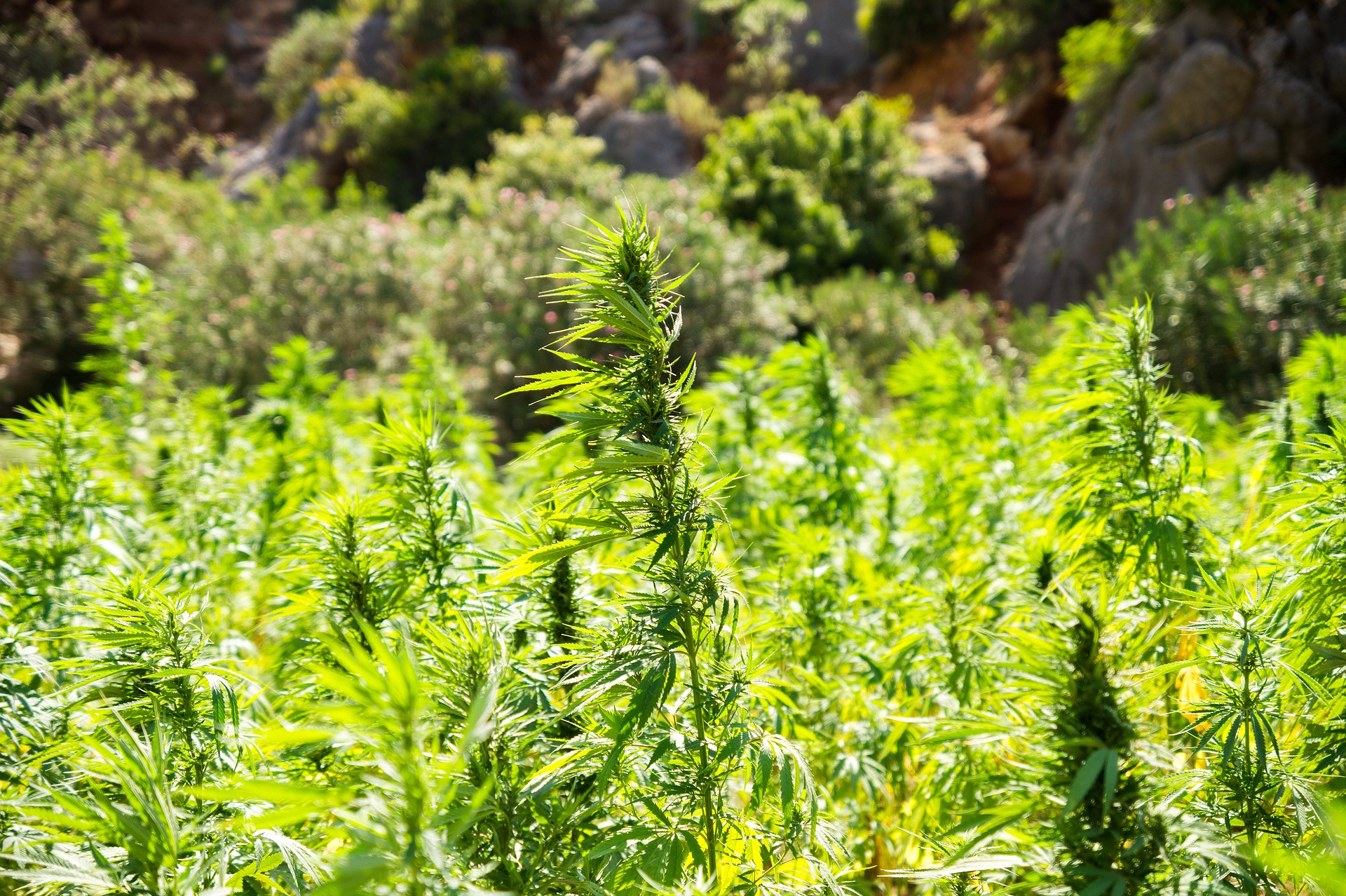There aren’t many cash crops out there that carry the same level of profit – and risk – as industrial hemp.
If successful, the potential to make a tremendous profit definitely exists. For reference, other countries that have legalized industrial hemp farming are currently importing around $500 million worth to America. In the United States, there are 34 states where hemp farming is legal and the farm bill should legalize it federally, however, it still remains relatively uncharted territory in terms of regulations.
Hemp’s Complicated History in the United States

Up until the Marihuana Tax Act of 1937 that at first put a tax on cannabis sales but eventually led to its prohibition, hemp was a promising cash crop in the United States used for producing paper, textiles, and fabrics. By 1942, the government realized they actually did need hemp to aid to the ongoing war effort by mass producing paper products. This led to an abundance of farmers in the Midwest and Southeast, planting over 400,000 acres of hemp over the next 3 years.
After the war ended in 1945, hemp was moved back into its illegal classification where it remains to this day. Despite its longstanding prohibited status, it’s still one of the most profitable crops in the country with even more uses now than ever before. It can be used to make various materials including plastic, concrete, and a slew of wellness products utilizing its most prominent cannabinoid, CBD (cannabidiol).
Why is it So Risky?
Restrictions: Because hemp has been on the list of schedule 1 narcotics, every hemp farming program in the United States has been heavily restricted. For example, South Carolina’s program was limited to only 20 growers in 2018. This out of the 5 million people who live there according to recent census data. Growers were allowed to farm only 20 acres each and had to report the exact GPS coordinates of their fields to the proper authorities. These numbers are set to double (40 farmers with 40 acres each) by 2019, but that’s still doesn’t even put a dent in the number of applications received to enter the program.
Crop Insurance: One of the biggest issues plaguing hemp farmers is access to federal crop insurance, which was established to protect farmers in case of unforeseen disasters such as their crop burning down, theft and vandalism, and any other unexpected damage. Hemp farmers invest, out of pocket, an average of $3,000 to $5,000 per acre. That’s $60,000 to $100,000 (or more depending on the field size) down the drain if anything happens to the crop. “The State Farms of the world are not going to issue a policy. We had one farmer who lost it all — $50,000, his entire crop,” mentions Blake Butler, executive director of the North Carolina Industrial Hemp Association. Until the new Farm Bill is finalized and implemented, the National Hemp Association has been building up a farmers’ assistance farm to aid farmers in lieu of an official insurance policy.
How to Mitigate The Risks Of Hemp Farming
While there is little a farmer can do individually to reduce the current risks associated with growing hemp, societal changes are likely going to improve their situation and make hemp farming safer and more mainstream.

First and foremost, the United States Farm Bill reauthorization has reached its deadline and it includes a provision that would allow hemp farmers to purchase crop insurance, although it would most likely be very expensive. The bill was just finalized this week, but regardless, that doesn’t mean changes will be implemented immediately. Also, The Hemp Association hopes to build up a farmers’ assistance fund.
Also, considering the fact that an increasing number of studies are emerging and public opinion has shifted to almost unanimously positive, hemp legalization has to be just around the corner. Earlier this year, the FDA approved at CBD-based medication for epilepsy called Epidiolex. Not to mention a number of major corporations that are beginning to take interest in CBD products, such as Constellation Brands, Marlboro, and Coca-Cola.
With major investors looming, legalization on the horizon, and an already flourishing industry, it’ll soon be hard to turn away from the colossal profits of hemp. Check back for news of the finalized Farm Bill and what exactly the hemp provisions entail.







